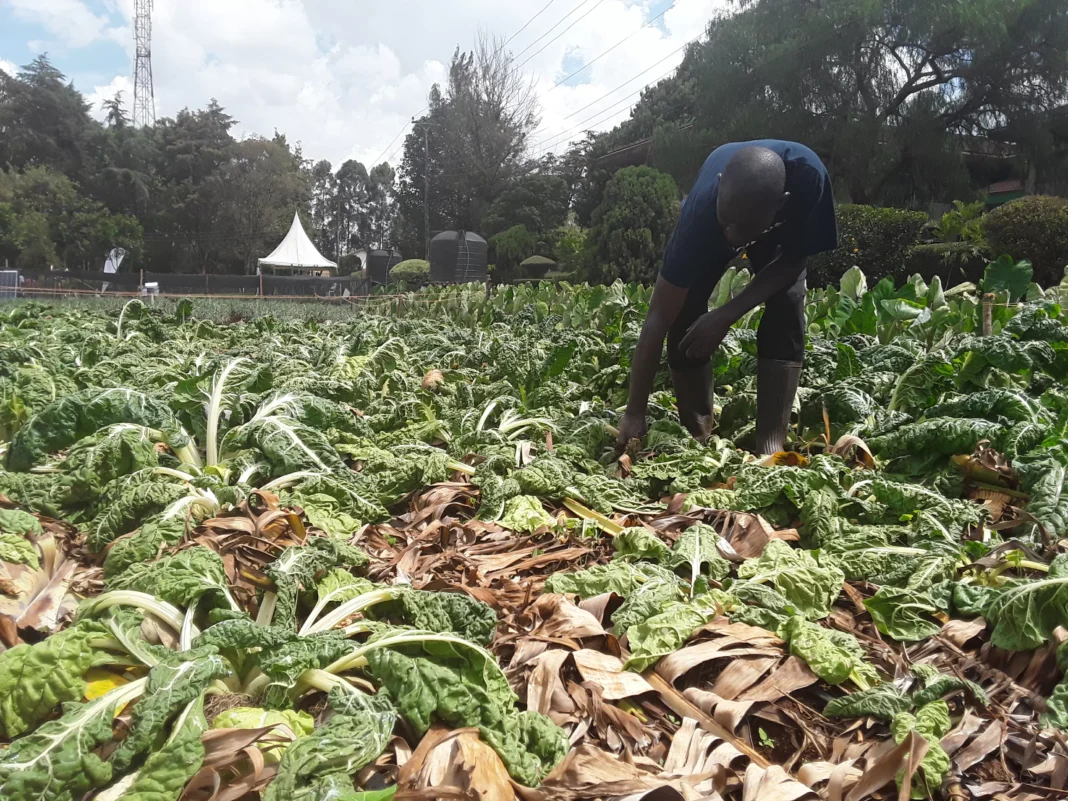As the world continues to grapple with the devastating effects of climate change, one region stands out as the most vulnerable and at risk – Africa. Despite being responsible for only two to three percent of global emissions, the continent is bearing the brunt of extreme weather events and record-breaking temperatures. In a special address on climate action titled ‘A Moment of Truth’, United Nations Secretary-General António Guterres highlighted the urgent need for action and called for global solidarity to address this pressing issue.
Africa is a continent rich in natural resources and diverse cultures, but it is also home to some of the world’s poorest and most vulnerable communities. The effects of climate change are already being felt across the continent, with devastating consequences for its people and the environment. From severe droughts and floods to heatwaves and hurricanes, the impact of climate change is evident in every corner of Africa.
According to the United Nations, Africa is the continent most affected by climate change, with 65 percent of its population directly impacted by extreme weather events. This is in stark contrast to the continent’s minimal contribution to global emissions. It is a clear indication that the current climate crisis is not a result of Africa’s actions, but rather a global issue that requires immediate and collective action.
In his address, Guterres emphasized the need for developed countries to fulfill their commitments to provide financial and technological support to developing countries, particularly in Africa. He also called for a shift towards renewable energy sources and a reduction in carbon emissions to limit the global temperature rise to 1.5 degrees Celsius. This is crucial for the survival of vulnerable communities in Africa and around the world.
The effects of climate change are not limited to the environment; they also have a significant impact on the economy and social well-being of African countries. The continent’s agriculture, which is the main source of livelihood for millions of people, is under threat due to changing weather patterns. This has led to food insecurity, malnutrition, and displacement of communities, exacerbating poverty and inequality.
Furthermore, the rise in sea levels and extreme weather events have a direct impact on coastal communities, leading to loss of land and displacement of people. This not only affects their livelihoods but also their cultural heritage and way of life. It is a harsh reality that these communities, who have contributed the least to the climate crisis, are the ones bearing the brunt of its consequences.
However, despite the challenges, Africa has also shown resilience and determination in the face of climate change. Many countries have taken steps to mitigate its effects and adapt to the changing climate. For instance, Ethiopia has implemented a reforestation program that has seen the country’s forest cover increase by 30 percent, making it a leader in climate action. Other countries, such as Kenya and Rwanda, have also made significant strides in renewable energy, with a focus on geothermal and solar power.
Moreover, African youth are leading the way in climate activism and advocating for urgent action to address the crisis. They are using their voices and platforms to raise awareness and demand accountability from world leaders. This is a testament to the continent’s determination to tackle the climate crisis and build a sustainable future for all.
In conclusion, as the world faces a climate emergency, Africa stands out as the most vulnerable region, despite its minimal contribution to global emissions. The effects of climate change are already being felt across the continent, and urgent action is needed to mitigate its impact and build resilience. It is time for the global community to come together and fulfill their commitments to support developing countries, particularly in Africa, in their efforts to combat climate change. As Guterres stated in his address, “We need a green economy, not a grey economy. We need a blue economy, not a brown economy. We need a planet that is blue, not a planet that is red.” Let us all work towards a sustainable future for Africa and the world.



